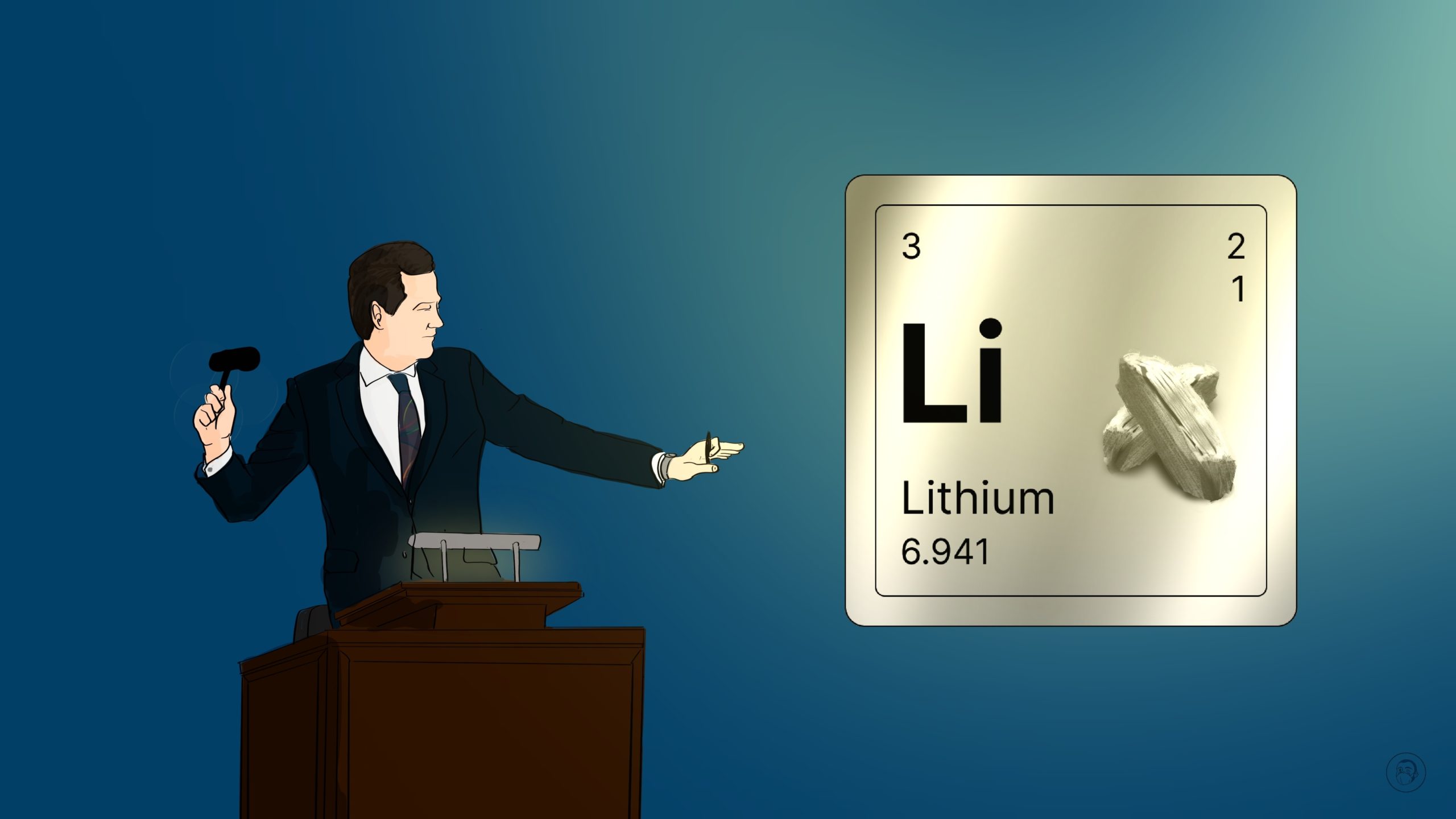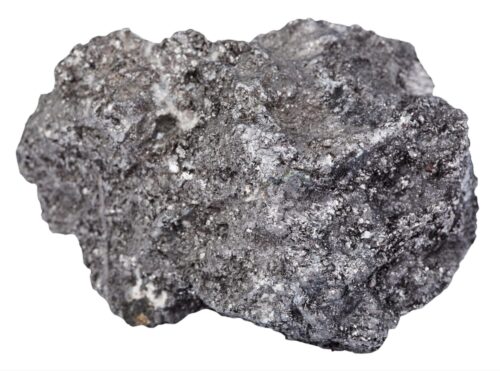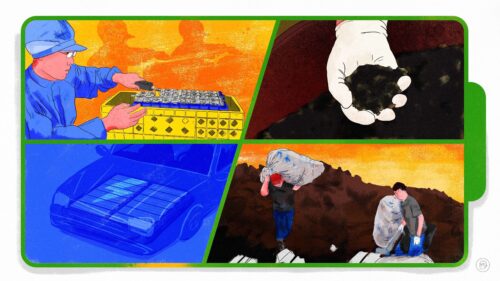The battle for lithium: A Chinese mine just sold for 596 times the opening price
A lithium mine has just sold at auction for 2 billion yuan as electric car companies and their suppliers battle for a key component of batteries.

Over the weekend, the battle for lithium reached new heights. On Saturday, an auction that lasted five days and six nights finally came to an end: A majority stake in a lithium mine in Sichuan province sold for 2 billion yuan ($298.58 million) on JD.com’s 京东商城 auction platform — 596 times the opening price.
The mine in question, located in a nominally Tibetan prefecture in Sichuan, has reserves of around 724,000 tons of lithium.
The buyer seems to have been GCL Energy Technology 协鑫智慧能源(苏州), a developer of clean energy projects such as natural gas and waste incineration, and provider of an electric vehicle battery swap service that allows drivers to exchange drained batteries for charged ones at swapping stations instead of charging.
From May 16 to 21, the auction for the lithium mine attracted 21 bidders who made a total of 3,448 bids, while an online audience of nearly a million people watched proceedings. Based on the successful bid, the purchase price of a single ton of Lithium Carbonate Equivalent (LCE) from the mine, i.e. the first commonly traded lithium intermediate in the value chain, would be about 5,080 yuan ($758). But after adding the transaction commission and debt related to the transaction, the final price of 2.93 billion yuan ($437.41 million) yields a purchase price per ton of lithium of 7,443 yuan ($1,111).
This is significantly higher than other recent lithium mine acquisitions: In May, for example, Gotion High Tech 国轩高科, a domestic lithium-ion battery manufacturer, acquired a lithium mine in Jiangxi province for about 1,024 yuan ($152) per ton of LCE.
The context
With the explosion of the new energy vehicle industry, the phenomenal rise in the price of lithium — the price of LCE jumped from 266,000 yuan/ton ($39,580/ton) in January to 466,000 yuan ($69,340) in May — is driven by simple scarcity. The rapid expansion of China’s new energy vehicle industry has made battery companies popular with investors, and these companies — led by CATL 宁德时代 with a market capitalization of $145.81 billion — have abundant cash to burn to acquire upstream lithium mines.
In 2020, China was the world’s third-largest producer of lithium at 14,000 metric tons, placing it well behind Australia (40,000 metric tons) and Chile (18,000 metric tons). But China is the world’s largest consumer of lithium, with most of its supply coming from Australia. In the first quarter, however, production at lithium mines in Australia decreased for the second consecutive quarter, and domestic battery manufacturers are scrambling to buy up and develop lithium resources in China, and to develop strong working relationships with lithium mining companies.
- Tianqi Lithium 天齐锂业, for example, supplies LCE to China Aviation Lithium Battery (CALB) 中创新航. Tianqi holds a controlling stake in Chile’s largest lithium producer, Sociedad Química y Minera de Chile (SQM).
- Ganfeng Lithium 赣锋锂业 supplies lithium to U.S. new energy vehicle manufacturer Tesla as well as BMW, Volkswagen, and others. Ganfeng obtains most of its lithium from Mount Marion mine in Australia (which holds the world’s second-largest high-grade lithium concentrate reserves), of which it controls 50%.
The takeaway
The price of lithium — like the price of oil in the 20th century — is likely to keep rising relentlessly, and this will be a key factor in the profitability of China’s battery manufacturers. Lithium (and by implication electric batteries and new energy vehicles) is another key industry (like microprocessors) where China is dependent on supplies from abroad. Yet as with microprocessors, China is scrambling to consolidate its domestic supply.
Large battery producers like CATL and Gotion have the resources to spend whatever is needed to secure their supply.






